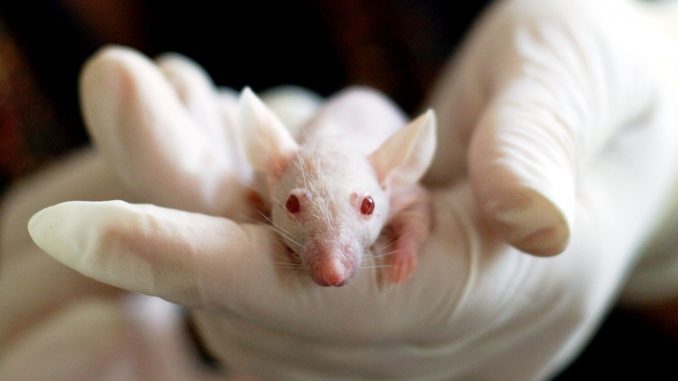
Opening Insights: Fountain of Youth?
I am a brain, Watson. The rest of me is a mere appendix.
SIR ARTHUR CONAN DOYLE – SHERLOCK HOLMES
Maladies of the mind can be either physical or behavioral. Throughout the ages many a cure for the behavioral maladies has been developed and implemented, with varying degrees of success largely dependent on the individual. Healing the physical properties of the brain is a challenge that even modern medicine has yet to master. A recent breakthrough at the Wellcome-MRC Cambridge Stem Cell Institute has risen to the challenge.
Informational Insights: Stiff with Age
New research indicates that increasing brain stiffness with age causes brain stem dysfunction.
But scientists have demonstrated ways to return older stem cells to a younger, healthier state, potentially affecting future treatments for multiple sclerosis (MS).
The team, based at the Wellcome-MRC Cambridge Stem Cell Institute (University of Cambridge), studied old and young rat brains to understand the impact of age-related stiffening on oligodendrocyte progenitor cells (OPCs).
These cells are vital for maintaining normal brain function, and for the regeneration of myelin – the fatty sheath that surrounds nerves and which is damaged in multiple sclerosis (MS).
The effects of age on these cells contributes to MS, but their function also declines with age in healthy people.
‘When the old brain cells were grown on the soft material, they began to function like young cells –
in other words, they were rejuvenated’Dr Kevin Chalut
Dr Kevin Chalut, who co-led the research, said: “We were fascinated to see that when we grew young, functioning rat brain stem cells on the stiff material, the cells became dysfunctional and lost their ability to regenerate, and in fact began to function like aged cells.
“What was especially interesting, however, was that when the old brain cells were grown on the soft material, they began to function like young cells – in other words, they were rejuvenated.”
In the study published in the Nature journal, researchers transplanted older OPCs from aged rats into the soft, spongy brains of younger animals.
They found that the older brain cells were rejuvenated, and began to behave like the younger, more vigorous cells.
Next, the researchers developed new materials in the lab with varying degrees of stiffness, and used these to grow and study the rat brain stem cells in a controlled environment.
The materials were engineered to have a similar softness to either young or old brains.
To fully understand how brain softness and stiffness influences cell behaviour, the researchers investigated Piezo1 – a protein found on the cell surface, which informs the cell whether the surrounding environment is soft or stiff.
“When we removed Piezo1 from the surface of aged brain stem cells, we were able to trick the cells into perceiving a soft surrounding environment, even when they were growing on the stiff material,” said Professor Robin Franklin, who co-led the research.
Dr Susan Kohlhaas, director of research at the MS Society, which part-funded the research, said: “MS is relentless, painful and disabling, and treatments that can slow and prevent the accumulation of disability over time are desperately needed.
“The Cambridge team’s discoveries on how brain stem cells age and how this process might be reversed have important implications for future treatment, because it gives us a new target to address issues associated with ageing and MS, including how to potentially regain lost function in the brain.”
This article originally appeared on EVENING EXPRESS: Boost for MS treatment as scientists reverse ageing process in rat brain cells
Possibilities for Consideration: Healing the Brain
Anyone who stops learning is old,
whether at twenty or eighty.
Anyone who keeps learning stays young.
The greatest thing in life is to keep your mind young.
HENRY FORD
The potential for curing physical maladies of the mind is an exciting prospect. Multiple Sclerosis (MS) is a mighty foe, but if it can be cured by this method the door of insight may be opened for the repairing other maladies of the mind.
Take a moment and examine…
- As you reviewed the material above, what stood out to you?
- What is the potential impact, economically and/or socially?
- What action is needed to stop or support this idea?
- You may want to consider whether you:
- want to be aware of,
- should become supportive of,
- would want to be active in this topic?
Add Your Insight
I have been impressed with the urgency of doing. Knowing is not enough; we must apply.
Being willing is not enough; we must do.
LEONARDO DA VINCI
